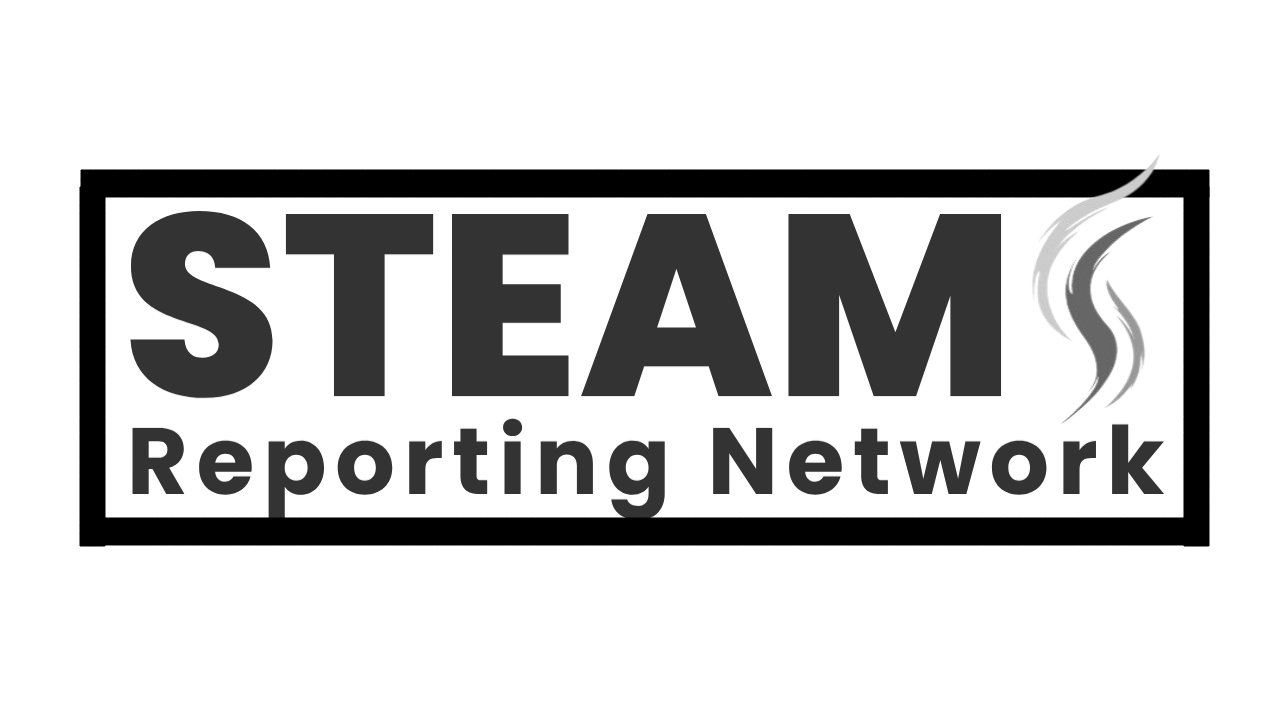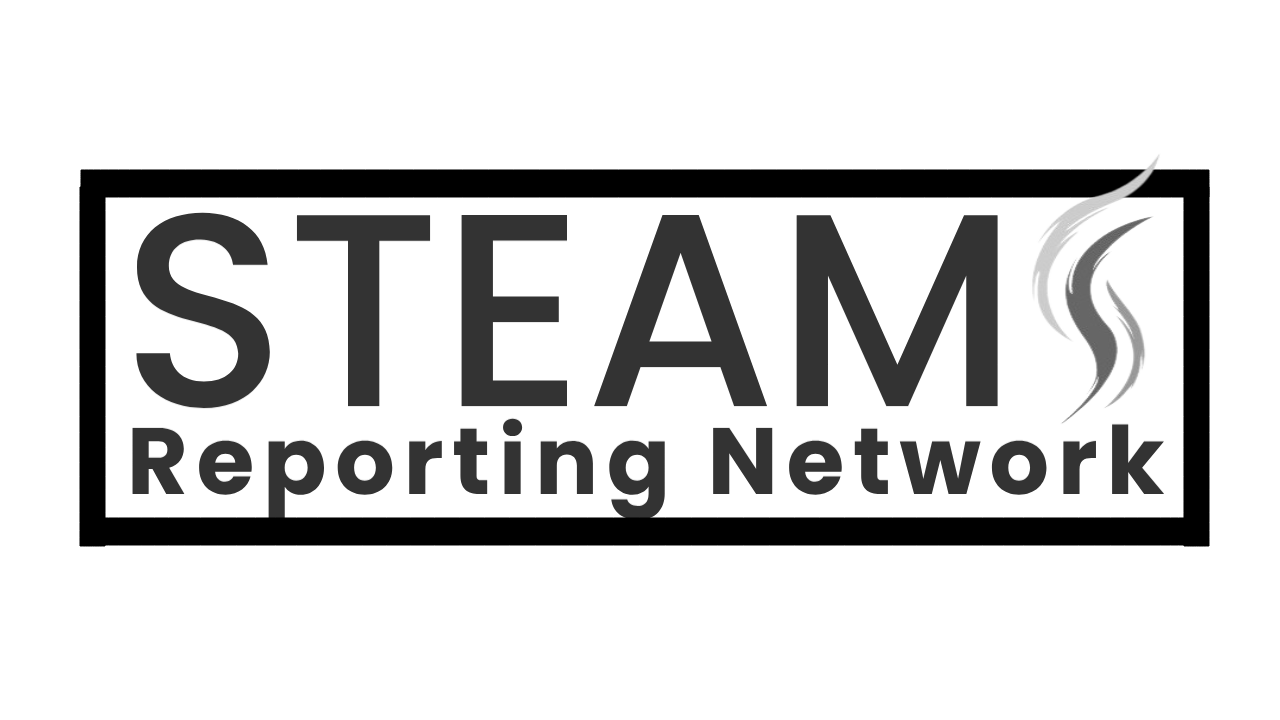Roger Tatoud sent.
The Global HIV Vaccine Enterprise is a crucial initiative aimed at accelerating the development of a safe and effective HIV vaccine. Established in 2003, the Enterprise has played a vital role in convening stakeholders, fostering collaboration, and addressing key challenges in the field.
Context and Challenges:
The HIV vaccine landscape has shifted significantly in recent years. While two late-stage clinical trials (HVTN 702 and HVTN 705) did not meet their primary endpoints, they provided valuable insights. The focus has now shifted to early-stage development and exploration of innovative approaches. However, several challenges remain:
Stagnant funding: HIV vaccine R&D funding has remained flat for over a decade, limiting resources for research efforts.
Talent gap. Attracting and retaining diverse early-stage researchers, particularly from regions most affected by HIV, is crucial for long-term sustainability.
Shifting landscape, Declining HIV incidence and increasing PrEP uptake raise questions about the urgency of an HIV vaccine for some stakeholders.
The 2022-2027 Strategic Plan
To address these challenges and reignite momentum in HIV vaccine development, the Enterprise has developed a comprehensive five-year strategic plan focusing on three core commitments:
Strengthening the HIV Vaccine Pipeline:
Goal 1.1: Advance innovative science and concepts by exploring novel immune mechanisms, vaccine platforms, and combinations.
Goal 1.2: Foster a field-wide portfolio approach to optimize research and funding decisions.
Goal 1.3: Enable iterative early-stage clinical studies to facilitate rapid advancement of promising candidates.
Expanding and Diversifying Engagement and Resources:
Goal 2.1: Strengthen the case for investment by highlighting the broader benefits of HIV vaccine R&D.
Goal 2.2: Foster interest and engagement from diverse stakeholders, including private and public funders, researchers, and the broader public.
Goal 2.3: Diversify research talent by attracting and retaining early- to mid-career researchers, particularly from high-burden regions.
3. Mobilizing Knowledge to Accelerate Product Development:
Goal 3.1: Propel opportunities to learn from previous HIV studies by identifying and prioritizing outstanding scientific questions.
Goal 3.2: Translate learnings from COVID-19 to HIV vaccine development by adapting relevant approaches and infrastructure.
Goal 3.3: Leverage synergies with other infectious disease research to share knowledge, tools, and funding opportunities.
Impact and the Path Forward:
By effectively implementing this strategic plan, the Enterprise aims to achieve the following key impacts, Strengthen and advance the HIV vaccine pipeline.Engage and support a diverse scientific community. Expand political and financial support for HIV vaccine R&D. Encourage the generation and application of new knowledge and tools.
The Enterprise’s neutral convening role and its ability to bring together diverse stakeholders are crucial assets in navigating the evolving HIV vaccine landscape. By fostering collaboration, innovation, and knowledge sharing, the Enterprise can play a pivotal role in accelerating the development of a safe and effective HIV vaccine, ultimately contributing to a world free from HIV.
Additional Notes:
The full strategic plan includes detailed information about each goal, priority activity, and expected outcomes.
The Enterprise website (https://www.iasociety.org/conferences/HIVR4P2024) provides ongoing updates on its activities and progress.

